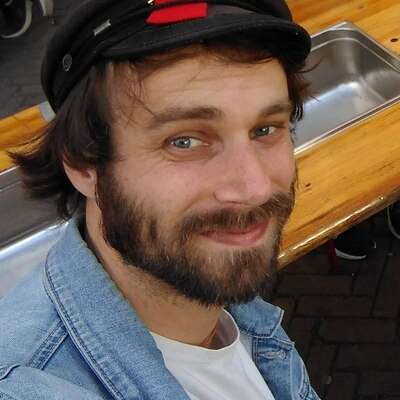
OpenTech(AUC) formally launches Google Drive alternative
Link to Nextcloud server: https://nextcloud.opentech-auc.org/.
On 22 December 2019, the presidents of the boards of directors of Dutch universities raised the alarm:
“The universities have little or no influence on the way data is collected and personalized. Most providers are not located in the Netherlands and are less familiar with the public values on which our education is based. Furthermore, freedom of choice is limited: the market is dominated by a few large companies. This creates dependence, complicates the negotiating position and hinders renewal.”
On the 5th of July 2022 the then president of the board of directors of the UvA again warned the general public:
“The rise of Big Tech companies with a platform function threatens the essence of the university, warn Uvarector Karen Maex and policy adviser Matthias Bakker. Higher educational institutions are purchasing more and more services at these companies, making them increasingly dependent on one provider who has purely commercial goals.”
And in September 2023, the UvA published an “export memo about the “digital sovereignty” of the university, which concluded:
As a result of interconnectivity between tools, and the availability of reliable functionality, universities have increasingly become dependent on (a few) large-scale software suppliers. Being too dependent on external suppliers can be a threat towards the independent position universities and academic researchers should have in society.
Looking at these reports and announcements you might think that our university has started taken the necessary steps to move away from Big Tech, but in fact, the opposite is true.
Since the alarm of 2019, the UvA has only dug itself further into the Big Tech lock-in, by for example outsourcing email services to Microsoft in 2021, something that twenty cyber-security professors from the UvA protested against at the time.
We at OpenTech(AUC) have followed these developments with disbelief and disappointment: we believe that universities are not only the right place for nurturing and experimenting with free and open source software (FOSS), but that they also have a responsibility to help students and staff build a digital world that fits with their values.
But rather than dwell in our disappointment, we decided to simply create the world that we want to live in. That is why, over the last few weeks, we have set up and tested our own, free and open source alternative to Google Drive and Dropbox. And today we formally invite all staff and students at AUC to create an account, and join us on this fully self-managed digital alternative: check it out yourself.
The platform is called Nextcloud, which is fully free and open source software, developed by the FOSS community (and supported by a German company called Nextcloud GmbH). Like Google Drive or Dropbox, you can use it to store and share files, and to collaboratively work on a live document (e.g. a text, spreadsheet or presentation). Users can also create, share and process forms (like Google Forms), and create/share polls (e.g. date polls). Finally, like with Google Drive or Dropbox, it is possible to install a Nextcloud client on your own device that syncs the contents of folders on your computer with your online account.
The software is fully free, but like all software it needs to run somewhere, on an actual computer. Our Nextcloud instance runs on a server that is located in France, and that is maintained and managed by the members of OpenTech(AUC), which itself is open to all students and staff who share our general concerns with FOSS. A platform by and for the AUC community.
Would you like to know more about Nextcloud? Would you like to help maitain the server? Or are you just curious about who we are and what we do? Join one of our weekly canteen meetings on Wednesdays 15:30h. Or reach out to us on Mastodon, Matrix or e-mail.
And if you like to read and discuss the topic of digital sovereignty, you very welcome at our next reading club session: Friday 25 April 12:45-13:45, during which we will read chapter 2 of “Against Platforms: suriving digital utopia” by Mike Pepi (2025).

Comments
Loading comments... Add a comment